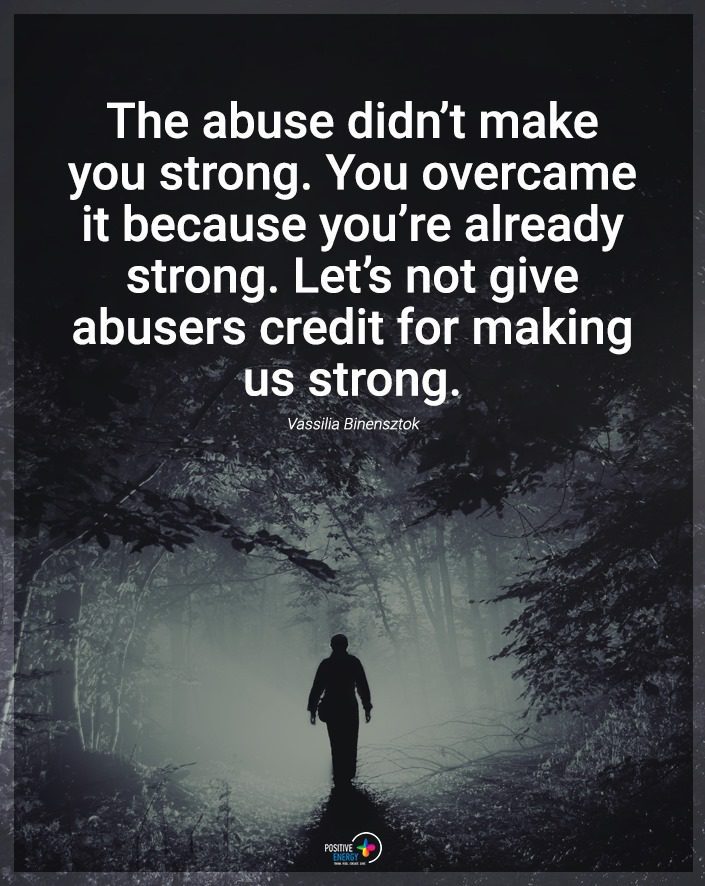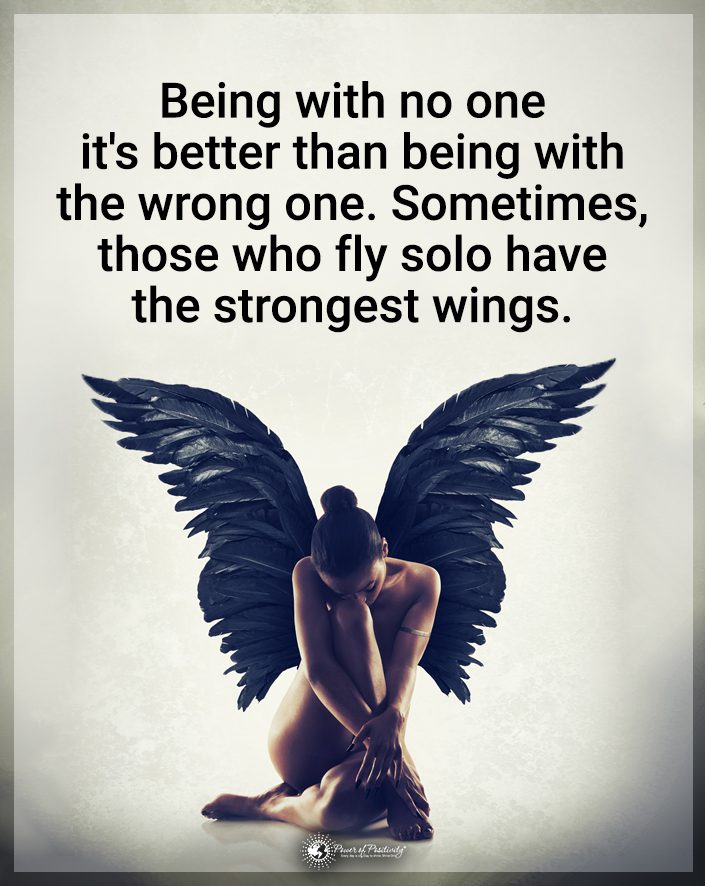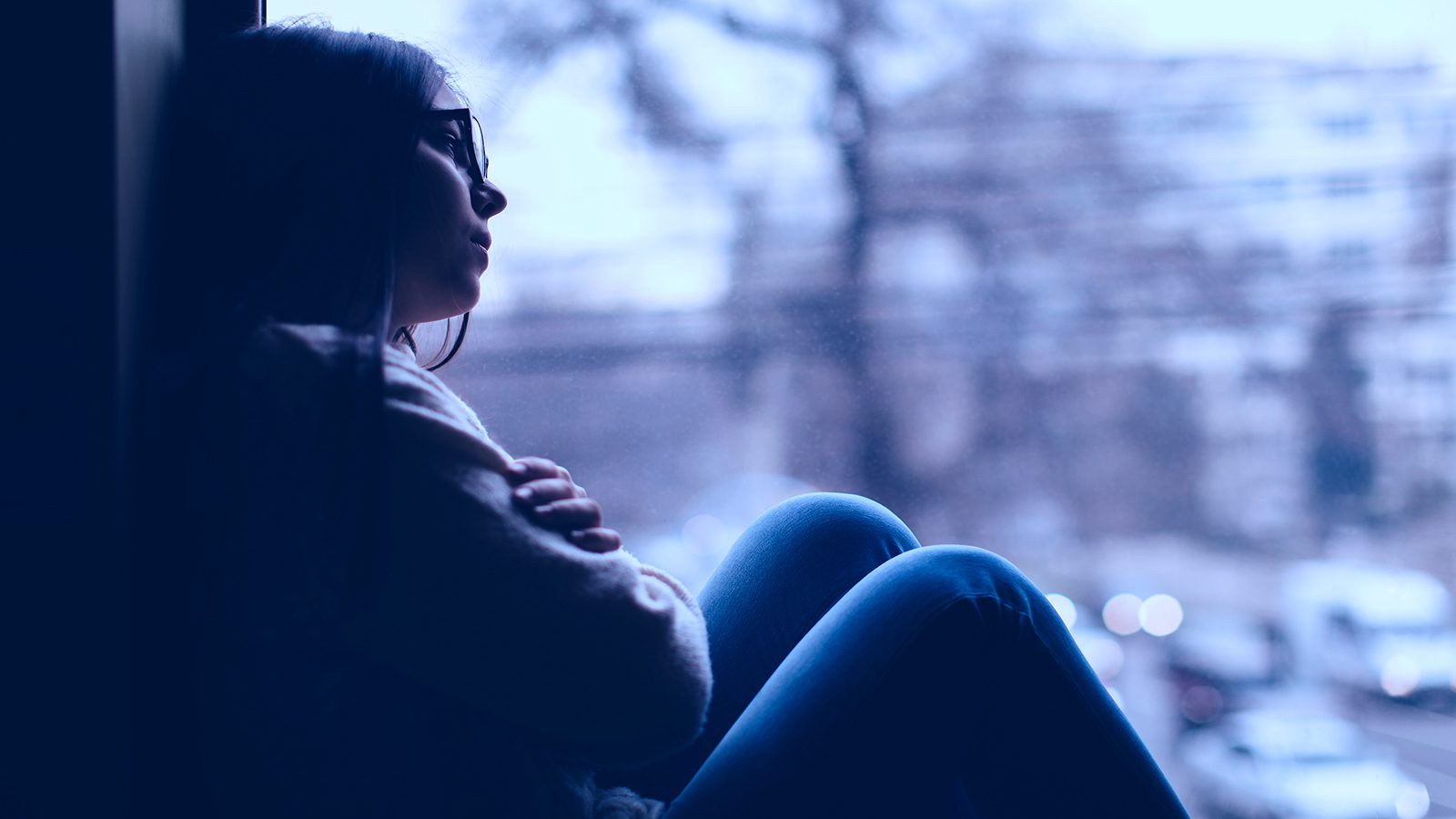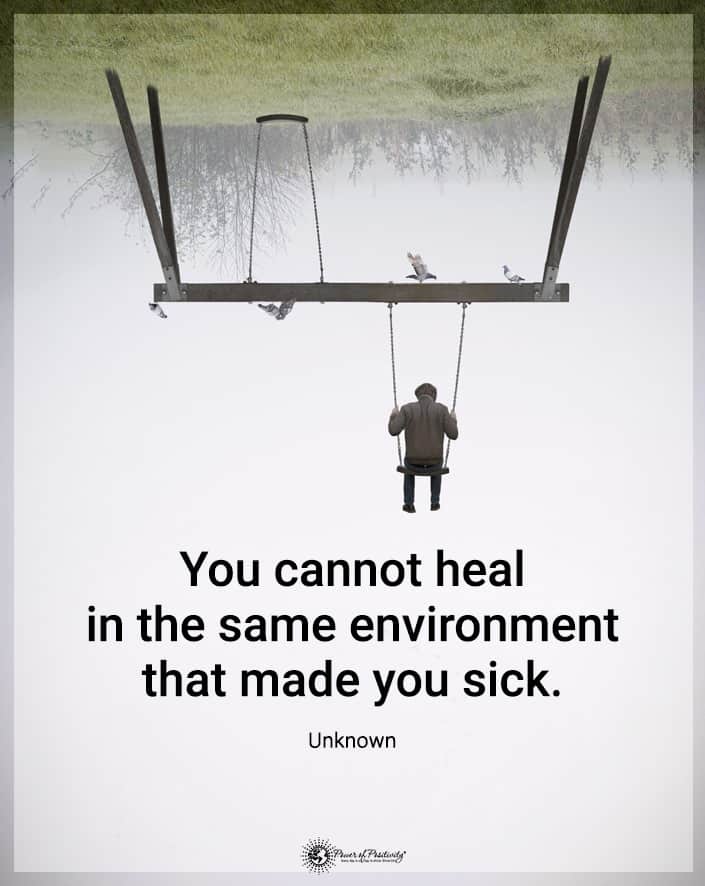Feeling unlovable is something that way too many people experience. Even though virtually everyone deserves love, not all people feel that way. Arguably, serial killers, physical abusers, and criminals are the only ones who genuinely don’t deserve to be loved. But even then, some people will love them even though they did what they did. So why do friendly, kind, and ordinary people believe they are unloved? Well, that usually happens because of their upbringing and trauma.
No one is born with the ingrained belief that they aren’t worthy of love. Someone or something instills this belief in them. A bad family history or a family who does not show affection can do that to you. But those aren’t the only traumas that can make someone believe that. After all, self-worth is challenging to maintain and build in a person.
And, once someone’s self-worth starts to chip away, it can be tough to rebuild. Even if you didn’t have an abusive childhood and your parents weren’t toxic, many other environmental factors will make you feel unlovable. So, if you find it hard to love yourself, you need to understand what made you feel that way to start healing from that issue.
5 Traumas That Make Someone Feel Unlovable

1. Physical Abuse Cause the Fear of Being Unlovable
One of the major traumas that can make someone feel unlovable is going through physical abuse. Unfortunately, many people don’t realize it, but the worst part about being physically abused isn’t that you get bruises and wounds. If you were physically abused as a child, you might have scars to prove it. Indeed, those scars will stay with you for the rest of your life.
But people get over having visible scars. Day by day, they become easier to look at. Or they fade until you can’t see them anymore. But physical abuse leaves scars that can’t be seen and hurt much more than any hit. And those scars are the emotional ones. So physical abuse is something that shouldn’t happen to anyone ever.
But, as research shows, it significantly affects kids. And it’s that much more harmful when parents or other family members inflict it. That’s because they are the people who are supposed to care the most about you and always make you feel safe. If you’ve lived through such a toxic childhood, you probably struggle with feeling unlovable as an adult.
Most people grow up believing the abuse they received was their fault. It’s so inhumane to hit another human being that the only logical explanation a victim can come up with is that they are less than human. They don’t deserve to be cared for or regarded as human beings.
And those thoughts are what shape how you look at yourself for the rest of your life. Even if it’s not your toxic parents who treat you that way and it’s an abusive partner instead, the effects are the same. So, you’ll always struggle with feeling unworthy of love unless you can process this trauma.
2. Emotional and Psychological Abuse Make Someone Feel Unloved
No matter what kind of abuse you experience throughout your life, it will leave some marks. These experiences will shape you forever and make you feel inadequate or unlovable. And it’s hard to tell which type of abuse scars someone more. And it would be a waste of time to try and compare. Plus, there’s no objective way to quantify how much the victim is affected.
Some people are scarred forever because of things that others could somewhat manage. But it’s important to remember that everyone is entitled to react to abuse in their way. Unfortunately, emotional and psychological abuse is much more common than physical abuse. And that’s because most people believe it is not abused if it doesn’t leave a bruise.
Also, this type of abuse is most commonly done by parents and directed at their young kids. That’s because of the power imbalance that makes parents feel entitled to be harsh, punish their kids, gaslight and manipulate them, and otherwise abuse them. Sadly, most people don’t realize they are emotionally and mentally abusive, not even when it’s spelled out for them.
Here’s an example of this abuse:
Say you are a parent, and you decide to punish your child. For example, you might feel entirely within your rights to take the door from their room away from them or forbid them to leave the house for weeks. And these things may seem completely normal to you, but they might make the kid feel like they don’t deserve to be understood and treated nicely.
It can make them feel like all they do is mess up and they aren’t even worthy of fundamental human rights, such as privacy and freedom. But you don’t have to experience this type of abuse during childhood for it to leave scars. If someone abuses you like that as an adult, it might make you feel unloved.

3. Childhood Neglect Make People Feel Unloved
Childhood neglect is ultimately an example of psychological abuse. But it deserves to be addressed separately because of how common it is and how much it can destroy how someone views themselves. But, again, as it’s the case with most instances of psychological abuse, the abuser often doesn’t even realize what they are doing. Usually, the parent doesn’t even have malicious intent.
They might be busy parents who are too focused on their careers to take some time off work and spend time with their kids. But neglect can degenerate and be much worse in other cases. Sometimes, the neglected child doesn’t even get necessities, such as enough food, because their parents or caregivers aren’t concerned with their wellbeing.
Plus, they don’t get the security they need. So often, these kids must fend for themselves, walk to and from school, cook for themselves, and raise themselves. So it’s not hard to imagine that this kid, who was neglected and felt unloved their whole life, will grow up to feel like they are the least important thing possible.
A neglected child repeatedly hears that their parents have other priorities. Some parents prioritize work or having fun over their kids. So, they will grow up as very independent adults who think there’s something wrong with them and that they should face life alone.
4. Bullying and Discrimination Cause Feelings of Being Unlovable
Bullying and discrimination manifest similarly and are both insults pointed at people for reasons entirely out of their control. It doesn’t matter if someone made fun of you for wearing funny clothes or being a particular gender or race; the effects are similar. Sure, discrimination often becomes systemic, and that’s when it starts affecting someone’s ability to get employed or to get justice in society.
But psychologically, both of these traumas can make the victim feel unloved. When someone picks on you for who you are, it’s hard not to feel like you are simply not likable. Whether people bully you for being into video games or being of a particular nationality, it’ll still make you feel like an outsider. People are fundamentally social beings.
And, when they can’t get the social interactions they need and are shunned from them and made fun of by the very group they want to interact with, it’ll scar them. This is why school bullies are such a big issue. It teaches kids that they should be anyone but themselves if they want to be loved.
But things don’t get much better if we talk about discrimination in the workplace, for example. In that case, people learn that their peers care more about their appearance and heritage than they do about who they are and what they bring to the team.
Again, this teaches people that their skin color or accent is much more critical than how kind or intelligent they are. Again, this makes people feel like they’ll never fit in, no matter what they do. As a result, they believe they will always receive punishment for things they can’t change.
5. Isolation Makes Someone Feel Unloved
Many people, especially introverts and people who have lived through traumas, have trouble making friends and creating meaningful connections with others. And this is exceedingly hurtful for people who have always felt alone since childhood. Sometimes, parents keep kids away from their friends or don’t teach them how to socialize correctly.
But this doesn’t have to be reserved for friendships. If an adult feels like, no matter what they do, they can’t be with someone who cares about them; they’ll eventually start to think that they are the problem. The more time people spend without meaningful connections, the more unloved they will feel. And this will spiral and eventually become a vicious cycle.
If you don’t feel worthy of love, you won’t have the courage to meet new people and form bonds. And the fewer friends you have, the more unlovable you’ll feel. So, at a certain point, isolation will seem the best option for you, even though it isn’t.
Final Thoughts on Some Traumas That Make Someone Feel Unlovable
Feeling unlovable is potentially one of the worst feelings anyone can have. And, once you believe that no one could care about you, it can be virtually impossible to change it. But you don’t have to be ashamed of feeling that way. Feeling unloved is an effect of having lived through trauma, and the first step to getting over it is accepting that it’s normal to feel that way sometimes.
If you’ve been through abuse at any age, it’s not surprising that you believe you aren’t worthy of nice things. Whether neglect, physical abuse, gaslighting, or anything in between, it’s so traumatic that it leaves scars. Besides that, many people have to deal with bullying and discrimination, which can also make people feel inadequate. Lastly, isolation and lack of human connection will make people feel unlovable. But remember that you are a victim of this trauma, and you shouldn’t beat yourself down for feeling this way.





















